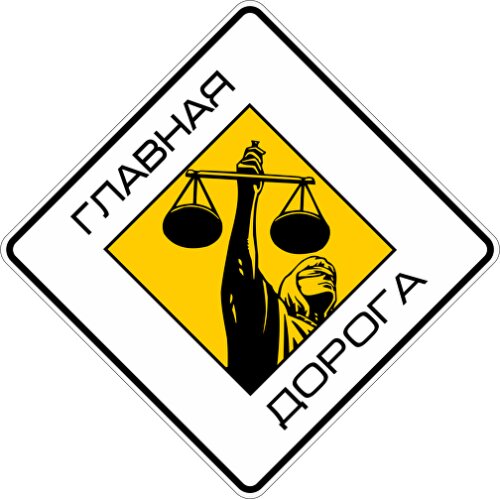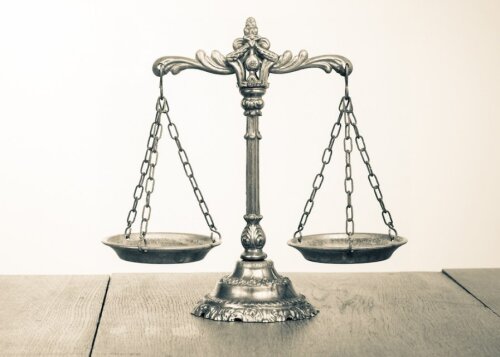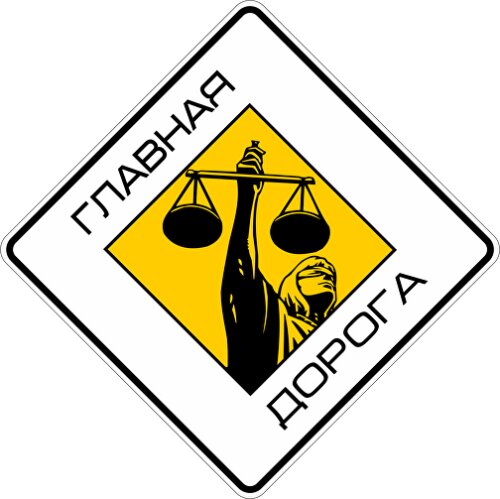Best Defamation Lawyers in Russia
Share your needs with us, get contacted by law firms.
Free. Takes 2 min.
Or refine your search by selecting a city:
List of the best lawyers in Russia
About Defamation Law in Russia
Defamation in Russia is considered a violation of an individual's honor, dignity, or business reputation through the dissemination of false information. Russian law distinguishes between two main types of defamation: libel (slanderous statements made in a public setting) and slander (oral defamation). Both can constitute either civil or criminal offenses, depending on the circumstances and severity of the alleged defamation. While defamation cases in Russia can often result in monetary compensation for the affected party, criminal cases might lead to fines and, in some cases, imprisonment.
Why You May Need a Lawyer
Legal guidance may be essential in many scenarios concerning defamation in Russia. Common situations include:
- Receiving false and damaging claims in a public forum or media outlet, affecting personal or professional reputation.
- Being accused of defamation that one considers defensible or unfounded.
- When contemplating defamation litigation, either as a plaintiff or defendant, to navigate the complex legal framework effectively.
- Needing advice on how to craft a public statement or apology to mitigate or avoid defamation claims.
Local Laws Overview
Russian defamation laws have gone through several amendments over the years, reflecting the balance between free speech and protecting individuals' reputations. Key aspects include:
- Article 152 of the Civil Code: Governs defamation as a civil offense, allowing victims to sue for damages. The burden of proof typically lies with the plaintiff to show that the statements were indeed false and defamatory.
- Article 128.1 of the Criminal Code: Addresses criminal liability for defamation. Depending on severity, penalties range from fines to correctional labor or imprisonment.
- Reluctance to pursue criminal proceedings unless the falsehood has particularly dire consequences.
Frequently Asked Questions
What constitutes defamation under Russian law?
Defamation involves making false statements that damage an individual's reputation. It requires proving both the falsity and defamatory nature of the claims.
What are the defenses against a defamation charge?
Common defenses include proving the truth of the statements, lack of intent to defame, opinion versus fact distinction, and consent from the affected party.
Can public figures sue for defamation in Russia?
Yes, public figures can file defamation lawsuits, although the standard to prove defamation might be higher, recognizing their public exposure.
How is the compensation for defamation determined?
Compensation often depends on the extent of reputational damage, financial losses incurred, and the severity of harm to personal dignity.
Are apologies or retractions effective in defamation cases?
An official apology or retraction might mitigate damages; however, it does not automatically nullify a defamation claim. Legal advice is recommended to structure such measures.
Do online statements fall under defamation laws?
Yes, online and social media statements can be subject to defamation laws, provided they contain false information that damages reputation.
What is the statute of limitations for defamation cases in Russia?
The statute of limitations is typically three years from the date the victim became aware of the defamatory material.
Is truth always an absolute defense in defamation cases in Russia?
While truth is a significant defense, its application can be complex, especially if accompanied by malice or intent to harm.
How does the government regulate media-related defamation?
Media outlets are under obligations not to disseminate falsehoods, with regulatory bodies enforcing compliance, alongside potential legal consequences.
Can corporations sue for defamation in Russia?
Yes, companies can sue for defamation if their business reputation is harmed through false claims, though the legal process might differ from personal defamation claims.
Additional Resources
For further information, individuals can reach out to:
- Russian Union of Journalists - Often addresses media-related defamation issues.
- Federal Service for Supervision of Communications, Information Technology and Mass Media (Roskomnadzor) - Regulatory body overseeing compliance by media entities.
- Legal Aid Centers - Available in major cities offering pro bono or affordable advice on civil matters, including defamation.
Next Steps
If you need legal assistance with a defamation issue, consider the following steps:
- Consult with a qualified lawyer specializing in media or civil rights law to evaluate your case.
- Gather evidence such as publications, recordings, or witness statements supporting your claim or defense.
- Determine whether the issue can be resolved through negotiation or if formal legal action is necessary.
- Understand the potential outcomes and implications of a legal proceeding, including costs and risks.
Seeking timely legal advice is crucial for protecting your rights and reputation effectively.
Lawzana helps you find the best lawyers and law firms in Russia through a curated and pre-screened list of qualified legal professionals. Our platform offers rankings and detailed profiles of attorneys and law firms, allowing you to compare based on practice areas, including Defamation, experience, and client feedback.
Each profile includes a description of the firm's areas of practice, client reviews, team members and partners, year of establishment, spoken languages, office locations, contact information, social media presence, and any published articles or resources. Most firms on our platform speak English and are experienced in both local and international legal matters.
Get a quote from top-rated law firms in Russia — quickly, securely, and without unnecessary hassle.
Disclaimer:
The information provided on this page is for general informational purposes only and does not constitute legal advice. While we strive to ensure the accuracy and relevance of the content, legal information may change over time, and interpretations of the law can vary. You should always consult with a qualified legal professional for advice specific to your situation.
We disclaim all liability for actions taken or not taken based on the content of this page. If you believe any information is incorrect or outdated, please contact us, and we will review and update it where appropriate.
Browse defamation law firms by city in Russia
Refine your search by selecting a city.













